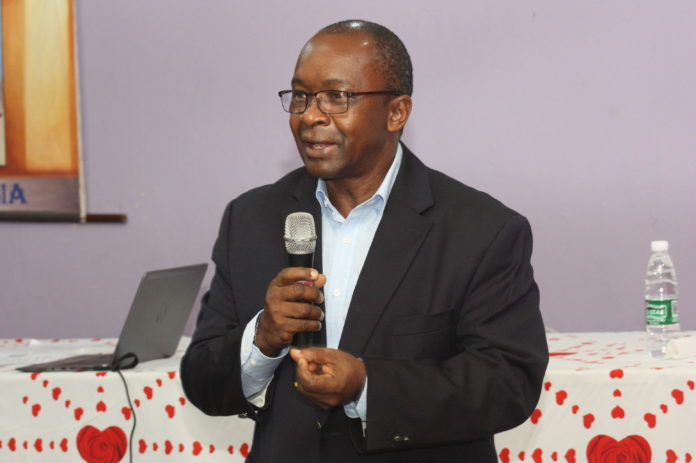Alagi Yorro Jallow
The signposts from the Gambia’s electoral politics. Passion, emotion and euphoria are necessary but NOT enough conditions – a trophy for regime displacement. There must be a compelling philosophy, an ideography and a choreography; against a dictator – Political Empowerment must be a top agenda: Listen! to Professor Mahmood Mamdani: “you must practice an inclusive politics with respect to others”. Because? “Sub-Saharan societies are so torn apart by tribalism that none can achieve the degree of unity to confront political power successfully”
The Gambian people must have a democracy that delivers progress to their people. It is time for a radical change rather than cosmetic changes in their political and electoral system, why not reform thoroughly and cleanse the electoral processes? The surrender to the authority of one individual, as in the presidential system, is dangerous for democracy.
The over-centralization of power in one individual is something they must guard against. Those who argue in favor of a presidential system often state that the safeguards and checks are in place: that a powerful President can be stalled by a powerful legislature. But if the legislature is dominated by the same party to which the President belongs, a charismatic President or a “strong President” may prevent any move from the legislature. On the other hand, if the legislature is dominated by a party opposed to the President’s party and decides to checkmate him, it could lead to a stalemate in governance because both the President and the legislature would have democratic legitimacy.
The Gambia’s presidential system is a perversity. Its failure in system: to vote for a legislature to form a dictatorship of the majority. It has created a unique breed of legislator, an unelected Speaker presiding over elected members largely unqualified to legislate with excessive powers, who has sought parliamentary leadership on a whim and caprices of a mean-spirited President only to wield excessive power. There is no genuine separation of powers: the legislature cannot truly hold the executive accountable since the government wields the majority in the House. The presidential system does not permit the existence of a legislature distinct from the executive, applying its collective mind freely to the nation’s laws.
A diverse country like the Gambia cannot function without consensus-building. This “winner takes it all” approach, which is a necessary consequence of the presidential system, is likely to lead to a situation where the views of an individual can ride roughshod over the interests of different segments. Their system has also produced coalition government which have been obliged to focus more on politics than on policy or performance. It has forced government to concentrate less on governing than on staying in office and obliged them to cater to the lowest common denominator of their coalitions, since withdrawal of support can bring governments down. The presidential system has distorted the preferences of an electorate that knows which individuals it wants but not necessarily which political party best delivers on policies.
On the other hand, there are ideas going around about reforming the electoral processes to make democracy more robust. From limiting expenditure of political parties and deciding the ceiling on the expenditure, to holding simultaneous elections, declaring the results for a combination of booths instead of constituencies — I think it is advisable to debate this and ensure that the gaping loopholes in the electoral processes are speedily plugged. Tobe continued Part 8




